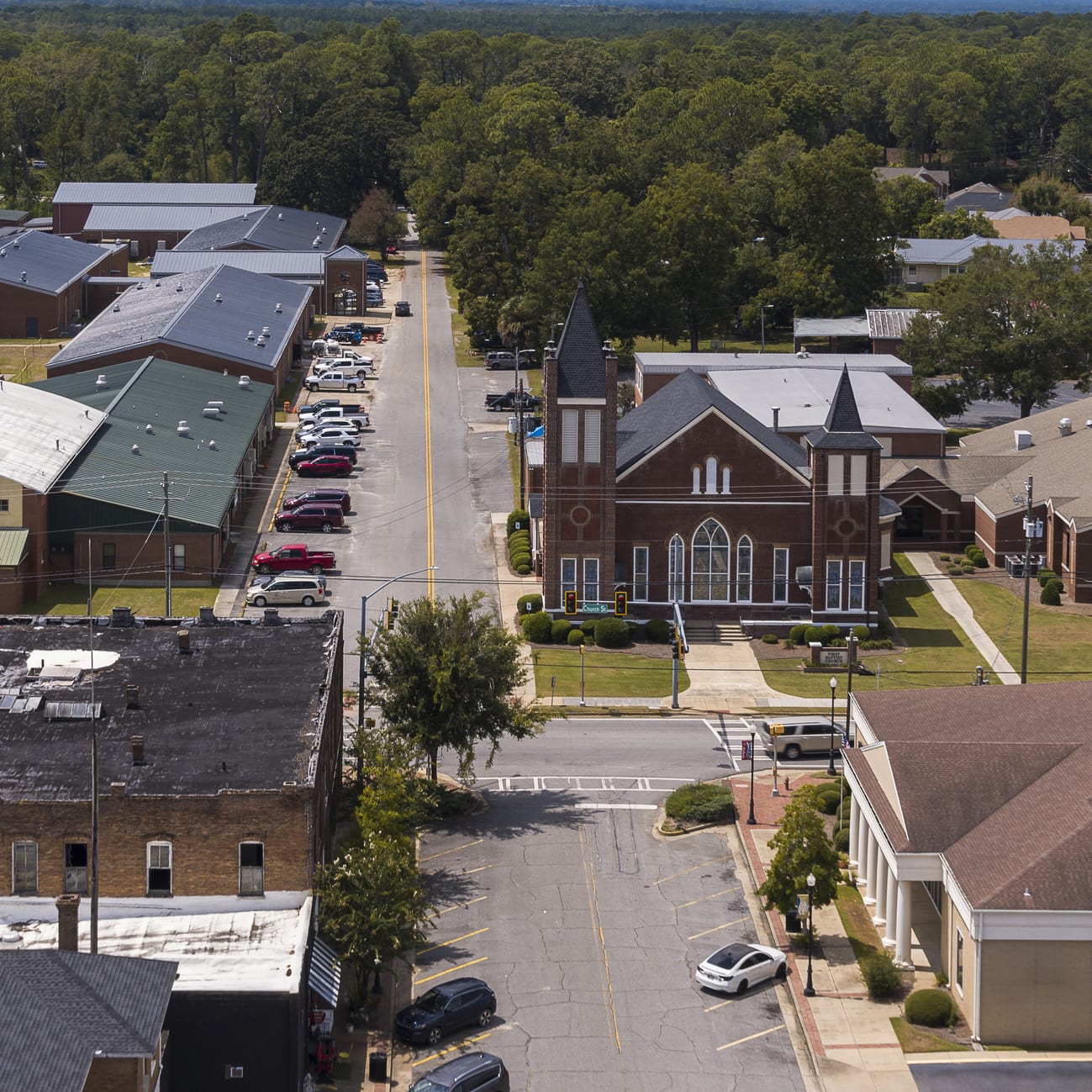
House Committee Examines House Bill 812, A Two Part Bill with Big Implications
On November 18 the Local Government Subcommittee of the Georgia House Governmental Affairs Committee held a rare off-season hearing to examine House Bill 812, a piece of legislation that seeks to reshape how cities and counties regulate building codes and issue land disturbance permits (LDPs).

Georgia Designates Seven New Communities as Rural Zones
The cities of Alma, Barnesville, Blairsville, Elberton, Folkston, Grantville, and Summerville will be designated as Georgia’s newest Rural Zones on January 1, 2026.

Georgia Cities Foundation Awards Placemaking Grants to Nine Communities
The Georgia Cities Foundation (GCF) has awarded $15,000 in 2025 Placemaking Grants to nine Georgia communities, supporting more than $65,000 in public space enhancements across the state.
Viewpoints

Finding Common Ground for the Common Good
"Cities hold a unique responsibility in this moment. In a world where division makes headlines, we can offer a different story; one of neighbors working side by side, showing that real solutions come when we focus on what unites us."

Looking Up
GMA CEO and Executive Director Larry Hanson reflects on how “looking up” — both literally and figuratively — inspires perspective, optimism, and progress in Georgia’s cities, as communities address housing, drive economic growth, and turn challenges into opportunities through positive leadership and collaboration.
Georgia’s Cities Magazine
Columns & Features in the Q4—October Issue of Georgia's Cities
- Finding Common Ground for the Common Good
- Looking Up
- Making Tourism Georgia’s Top Industry: A Legislative Outlook
- Reducing Accidents, Reducing Premiums
- And More…
If you are a local official or staff member of a GMA member municipality and are not receiving the magazine, please complete the Georgia’s Cities Magazine Subscription Preference Form to be added to the subscription list.
